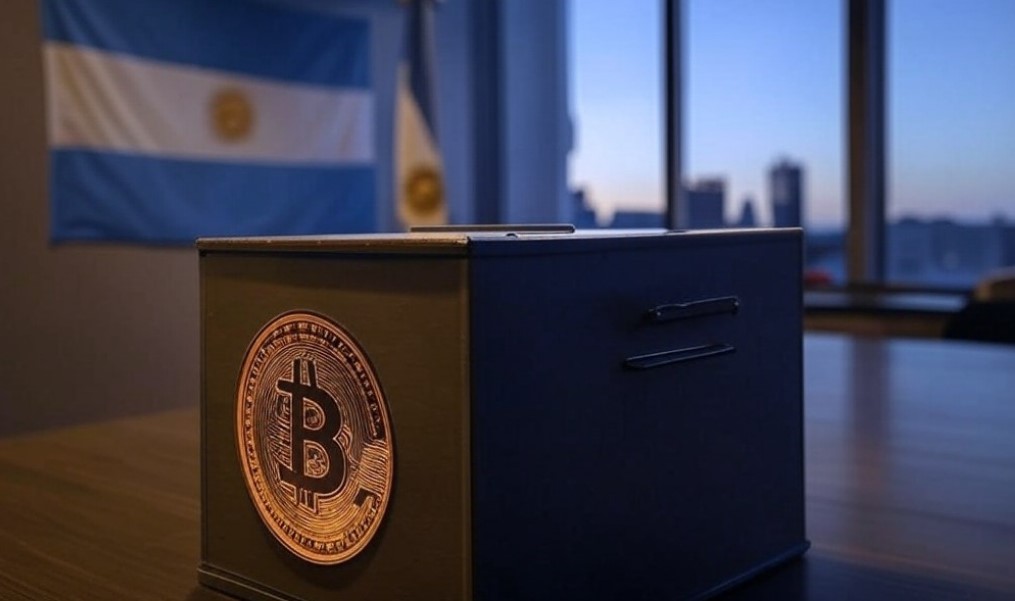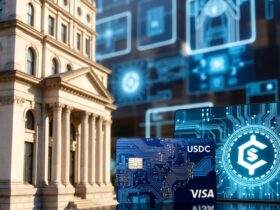This 2025, Argentina holds legislative elections, a electoral event where the debate on bitcoin (BTC) and cryptocurrencies is already present. Analysts have begun to question whether there is a “gap” between Argentines’ knowledge of these assets and what politicians offer.
The Argentine political analyst Edgardo Ferreyra consider that there is a significant gap between people’s knowledge and what politicians promise regarding cryptocurrencies.
Ferreyra points out: “I hope that the next legislative elections will incorporate candidates with knowledge on the subject, capable of promoting a discussion in Parliament about the use of cryptocurrencies in the real economy.”
Ferreyra also believes that a “more solid legal framework” for BTC and cryptocurrencies is necessary in Argentina “to generate trust and security in the ecosystem,” according to local media iProUp.
In Argentina, cryptocurrencies are legal and under the government of Javier Milei there is an entire fiscal infrastructure for users to launder their holdingsas reported by CriptoNoticias.
Added to this is that, last year, the National Securities Commission of that country launched a public consultation for regulation of the sector, and in October they assured that they had already advanced a regulation for bitcoin exchanges, as reported by this medium.
However, this regulation has been questioned by the Argentine Bitcoin community. The president of the NGO Bitcoin Argentina, Ricardo Mihura, warned at the end of 2024 that this regulation “copies and pastes” the FATF provisions.
The FATF, Financial Action Task Force, is an intergovernmental body that sets standards and promotes the effective implementation of legal, regulatory and operational measures to combat money laundering, terrorist financing and other threats to the integrity of the global financial system.
The body proposes that nations implement regulations on cryptocurrencies to prevent their use in illicit activitieswhich includes identifying users and monitoring transactions.
Added to these regulations is the role of the central bank (BCRA), which, although in 2022 ordered banks not to offer cryptocurrencies to their clients, and in 2023 prohibited payment providers such as MercadoPago and Brubank allow the use of these assets; currently seems “friendly” to cryptoassets.
Analyst Teófilo Beato, director at Crecimiento Argentina, believes that the current BCRA board “wants to promote the entire sector, as well as the entire government,” as reported by CriptoNoticias.
Proof of this is that, at the end of October 2024, the BCRA exposed Bitcoin miners and other cryptocurrencies in its facilities. It was an unprecedented event in that monetary organization who always maintained a skeptical stance on these assets.

Politicians need to modernize
For analyst Pablo Navarro, it is essential that political sectors “modernize” and learn about technology, so that they can incorporate into the debate “tools such as cryptocurrencies, blockchain, Web3.”
Navarro believes that politicians They are not addressing these issues. and that will be something that will take its toll in the legislative elections. “I have no doubt that voters take it into account and it will weigh at the time of the election,” said the international analyst.
Although the legislative elections are still missing, which will be held on October 26, the debate on cryptocurrencies it’s already starting to make noise. The public discussion on how to integrate or regulate these digital assets has intensified, reflecting citizens’ interest and concern for the country’s economic and technological future.
The importance of this issue in legislative elections lies not only in the positions of the candidates, but also in the perception of voters about how policies for the sector They can affect your daily life and personal finances.
With the Argentine economy facing constant challenges, bitcoin technology and cryptocurrencies offer alternatives that many citizens are willing to explore and defend at the ballot box.






Leave a Reply